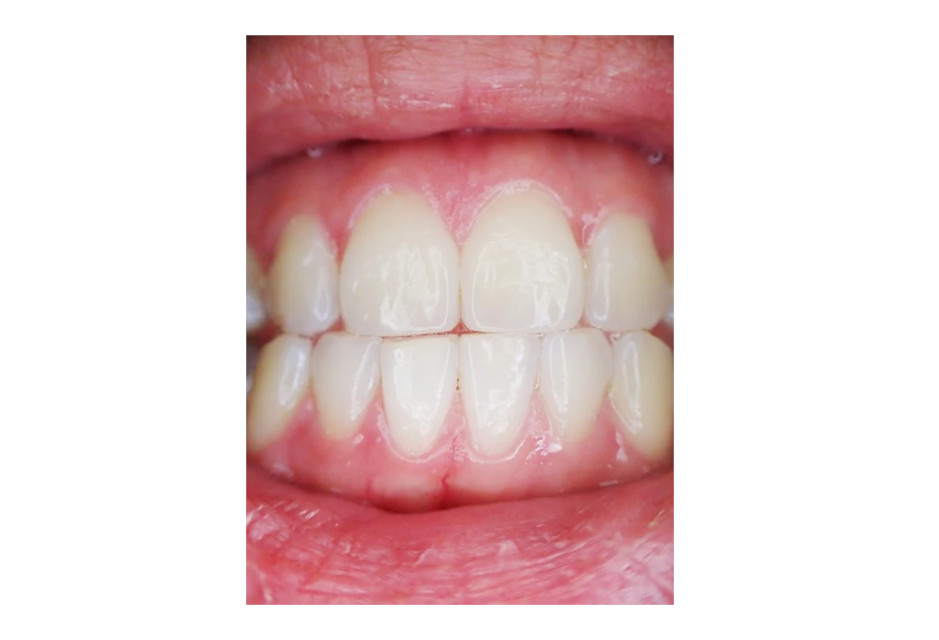
Swollen gums, also known as gingival swelling, are easily identifiable by their red appearance rather than the normal pink. Typically, the swelling begins where the gum meets the tooth and progresses to cover a portion of the tooth. Swelling can be uncomfortable and result in serious consequences such as tooth loss.
Causes of gingival swelling
The causes of gingival swelling include:
- Inflamed gums (gingivitis)
- Malnutrition especially vitamin B or C deficiency
- Viral or fungal infection
- Poorly fitting dentures
- Pregnancy (the increased hormone levels in the body may cause your gums to swell).
- Sensitivity to mouthwash or toothpaste
- Cigarette smoking, for example, makes it more difficult for gum tissue to repair itself.
- Poor oral hygiene habits, like not flossing or brushing daily, contribute to the development of gingivitis.
- Gingivitis might be exacerbated by a family history of tooth disease.
- Obesity
- Diabetes
Symptoms of gingival swelling
Gums that are healthy appear pale, pink, and firm and form a tight seal around the teeth. Signs and symptoms of gingival swelling include:
- Puffy or swollen gums
- Gums that are dark or dusky red
- Gums that bleed easily during brushing or flossing
- Bad breath
- Receding gums
- Gums that are tender
Treatment of gingival swelling
If your gums continue to swell for longer than two weeks, you should consult your dentist. Your dentist will inquire about the onset of your symptoms and the frequency with which they arise. Dental X-rays of the entire mouth may be required. Additionally, they’ll want to know if you’re pregnant or have made any recent dietary changes. They may arrange blood tests to determine the presence of an infection.
Your dentist may prescribe oral rinses to help prevent gingivitis and remove plaque, depending on the root cause of your inflamed gums. Additionally, they may suggest that you use a certain brand of toothpaste. Antibiotics may be necessary for some situations.
If you have a severe case of gingivitis, surgery may be necessary. The most common treatment options include root planning and Scaling. This is a technique in which the dentist scrapes unhealthy gums, tartar, calculus, and dental plaque of the tooth roots in order to allow the remaining gums to heal (3).
Home treatment
You can try home remedies to treat swollen gums.
Salt water
Using a saltwater rinse may help promote oral health and alleviate gum irritation. According to a study published in the journal PLOS rinsing human gum cells with saltwater stimulated wound healing.
Each setting should be sufficient with a basic salt water rinse including approximately 1 teaspoon of salt in 1 cup of warm water. Allow the salt to dissolve completely before gently swishing the mixture in the mouth for 30 seconds and spitting it out.
Tea Bags
Soak a tea bag for at least 5 minutes in boiling water, as if you were going to prepare tea. Allow the tea bag to cool somewhat before applying it to the affected gums.
Not just any tea will do the trick; choose an astringent beverage such as Hibiscus tea, green tea, black tea, or hibiscus tea. Additionally, you might choose an anti-inflammatory tea such as ginger or chamomile tea. Teabags are an excellent technique to soothe aching gums.
Clove oil
Clove oil is another treatment option for inflamed gums that are frequently used. This essential oil can help reduce swelling in your gums due to its antibacterial characteristics. Additionally, it is an analgesic, which means it will alleviate any discomfort in your gums. You can reduce inflammation and pain by mixing clove oil and black pepper. Experts also advise that you can chew on cloves for relief.
You need to apply and massage 2-3 drops of clove oil on your sore gums.
Warm water
Compresses, such as warm water can help alleviate pain and swelling associated with swollen gums. For application soak the cloth in warm water and squeeze away extra water from a clean washcloth. For approximately 5 minutes, place the warm cloth against your face — outside the mouth, not directly on the gums. This will reduce your pain and inflammation around the gums.
Tips For The Prevention Of Swollen Gums
- Eat a balanced diet rich in vegetables and fruits.
- Avoid sugar-sweetened foods and beverages.
- Avoid items like chips and popcorn that can get stuck between the teeth and cause swelling.
- Avoid tobacco, alcohol which can irritate your gums.
- Change your toothpaste brand and discontinue using mouthwashes if your sore gums are the result of sensitivity to these dental products.
- Floss and brush your teeth at least twice a day.
- Consult a dentist or periodontist every six months. If your swollen gums are the result of a drug reaction, speak with your health care practitioner about changing medications.
- Never discontinue a medication without first consulting your practitioner.
 Daryeel Magazine
Daryeel Magazine




